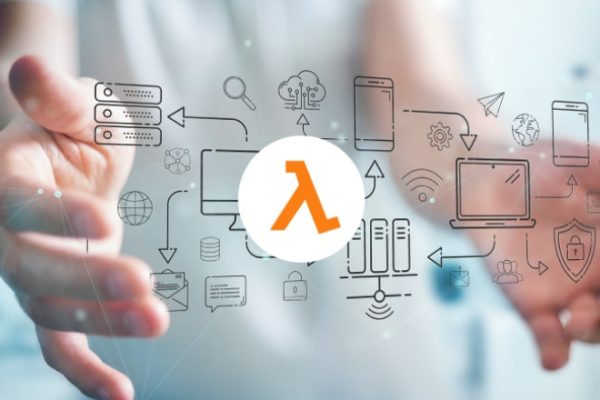The Many Ways You Can Containerise on AWS
Much has been said about the “what, how and why” of containers. Having understood what containers are and the benefits that are derived from them, the more important question is what are the ways to do containers on AWS? And you would ask, how does this matter?
On AWS, this makes a big difference because it comes with a wide variety of options to store, manage and run containers. Depending on your workload, large, small, critical, or experimental, you can choose the one that fits you best.
There are more than 15 ways to do containers on AWS independently or with supported services like Amazon ECR and ECS, let’s look at 5 that we are currently using to leverage containers for our customers:
Amazon EKS – Salsa with Kubernetes
Amazon Elastic Kubernetes Services says it all with the name – a highly secure, scalable and fully managed Kubernetes service to run containerised applications. With EKS, you can run Kubernetes apps on Amazon EC2 and AWS Fargate, that offers serverless compute for containers. Using EKS as a one stop console to organize, plan and troubleshoot Kubernetes apps simplifies management.
Amazon ECS – Tango for small teams
Amazon Elastic Container Services is a container orchestration service that is highly secure, scalable, and reliable. ECS works for developers who want to run containerised apps and is an alternative to Kubernetes. It helps build microservices and can be integrated easily with the AWS platform, enabling you to run workloads on cloud and anywhere. Has great cross functionality and compatibility.
Amazon EC2 – Hip-hop for controlled flexibility
Amazon Elastic Compute Cloud gives developers control over virtual servers and helps manage compute instances easily. EC2 simplifies configuring processor settings and facilitates running applications on multiple Operating Systems (OS) without needing to reprogram your IT infrastructure.

AWS Fargate – The AWS Ballroom for containers
As a serverless compute engine, AWS Fargate collaborates with Amazon ECS and EKS and comes with several advantages. It nullifies the need for setting up and managing servers, has a flexible payment model by resources used and isolates apps for better security. With Fargate, containers are launched within seconds, saves on cost and resources and enables compliance.
AWS Lambda – Breakdance with serverless and high resilience
With AWS Lambda, you can forget about managing servers, and run code on a fault-tolerant infrastructure that is highly available. If you want to get creative and innovate fast without having to setup a scalable and cost-effective infrastructure, Lambda is a great choice. AWS Lambda charges for every millisecond the code is run, has robust app monitoring and integration, and comes with Machine Learning enabled models to facilitate Artificial Intelligence into applications. But the catch is that a runtime interface client is needed to customise runtimes.
At the end of the day, containers make developers lives easier and drive faster go to market for businesses. While you have a vast number of choices for running containers, the best fit for your business and workloads would need deep understanding of AWS containers. All options are secure, reliable, and deeply integrated with AWS. All you need to do is choose the dance that suits you best and start building!









